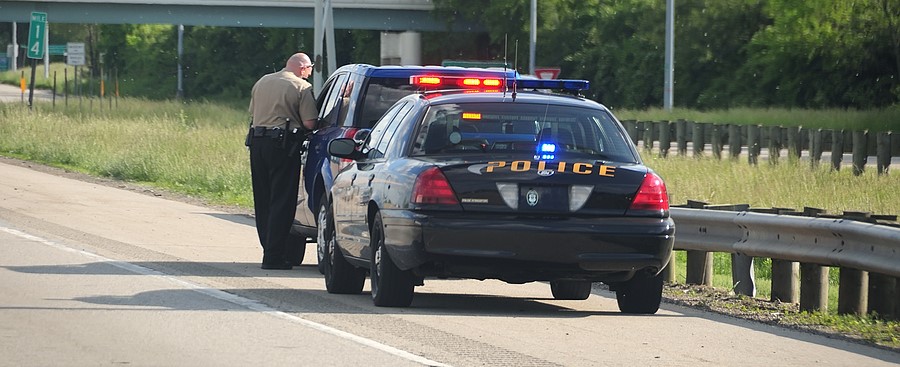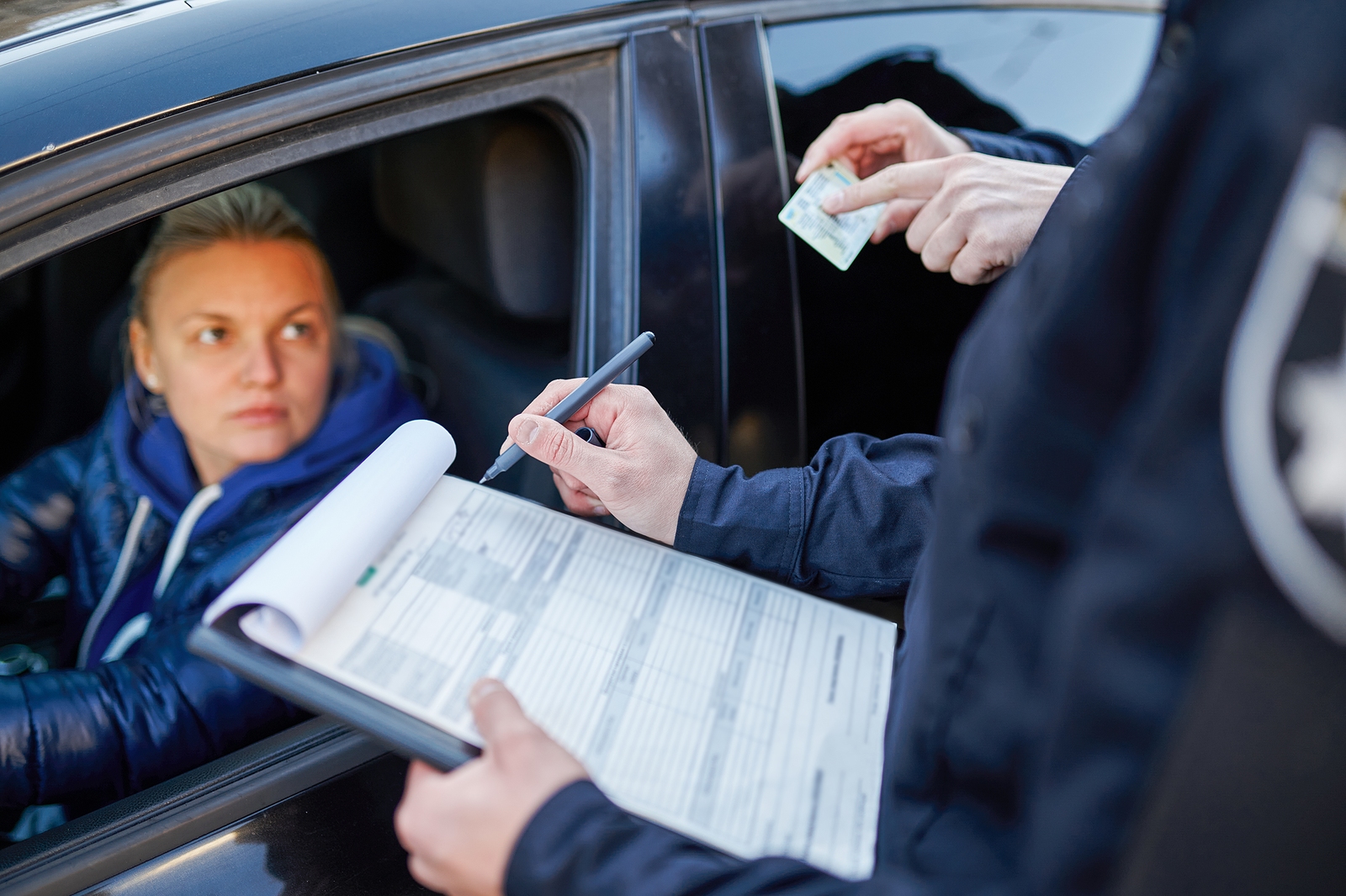An Overview of the Differences Between a Misdemeanor and Felony DUI
While DUI rates in California have been on a decreasing trend in recent years, there were still more than 124,000 yearly DUI arrests in the state, according to a 2022 report from the California Department of Motor Vehicles. This includes both misdemeanor and felony charges. It’s important to understand the differences between these two types of charges so that you can effectively prepare your defense and be aware of the potential consequences.
Circumstances of the Charges
Whether you are charged with a misdemeanor or felony DUI depends on the events surrounding your arrest. For example, it’s most likely that a first-offense DUI will be charged as a misdemeanor unless there are extenuating circumstances, such as a very high blood-alcohol content or an accident that caused severe injuries or death. It’s also possible for second and even third DUI offenses to be charged as misdemeanors if there are no injury-causing accidents involved. However, a fourth DUI within a 10-year span will result in a felony DUI charge, regardless of whether there are any injuries.
Whether you are charged with a felony or misdemeanor DUI is largely up to the discretion of the prosecutor. However, there are some specific contributing factors, including:
- Having a minor in the car at the time of the DUI arrest
- Causing a car accident that injures someone else
- Causing a car accident that results in a fatality
- Refusing to cooperate with police, such as yelling, being combative, or trying to flee the scene
Part of a criminal defense attorney’s job is trying to get the charges against you reduced if they can’t be dropped. If you’re being charged with a felony DUI, your attorney will review your case to see if there are any grounds to argue that the charge should be a misdemeanor instead.
Jail Time
One of the main differences between a misdemeanor charge and a felony charge is how long you can be sentenced to jail if you’re convicted. A misdemeanor conviction is punishable by up to one year in jail. However, if you are convicted of a felony DUI, you could face up to 36 months in prison. Prisons generally have higher security levels than jails and include those who have been convicted of violent or severe crimes.
If you are convicted of a felony DUI, you will be considered a convicted felon and could have to disclose this information to potential employers. Depending on what industry you work in, this could affect your eligibility for certain positions. A felony conviction for aggravated DUI could also count as a strike under California’s three strikes rule. This means you could face life in prison with just two more convictions.
Fines and Fees
DUI convictions generally carry sentences that include fines. The fines for a misdemeanor DUI can be up to $1,000. However, the fines for a felony DUI conviction jump greatly, going all the way up to a potential $10,000. You may also be forced to go through DUI school before you can apply to have your license reinstated, and this isn’t cheap. DUI school can range from a few hundred dollars to a few thousand dollars, with felony charges being more expensive because of the length of time. Those who have been convicted of misdemeanor DUIs spend 12-60 hours in DUI school, while those convicted of felony DUIs may have to spend as long as 30 months.
It also takes more time and resources to prepare a defense for felony DUI charges. This means you could end up paying significantly more in attorney fees and court costs for a felony DUI.
License Suspension
When you’re convicted of a DUI, your driver’s license is suspended. Felony DUIs carry license suspensions that are much longer than those associated with misdemeanors. A first-offense misdemeanor DUI carries a license suspension of up to 4 months. Second and third offenses carry a 2- and 3-year license suspension, respectively. This jumps to 5 years for a felony DUI.
Required Use of an Ignition Interlock Device on Your Vehicle
When you’re convicted of a DUI, you may be required to have an ignition interlock device on your car. How long you are required to have and use the device depends on the type of DUI conviction. For a first-offense misdemeanor DUI, you will be required to have an ignition interlock device for 6 months. For a felony DUI, this could be as long as 3 years.
DUI Defense
Any DUI charge is serious. If you’ve been arrested for driving under the influence of alcohol or drugs, you need the help of an experienced DUI defense attorney. There are defense strategy options that can result in reduced penalties, reduced charges, or getting the case dismissed entirely. For example, any evidence resulting from the traffic stop can potentially be thrown out if the stop wasn’t legitimate.
Your attorney will review your case to see what your defense options are and talk to you about the pros and cons of each so you can make an informed decision on how you want to proceed. If you’ve been charged with a DUI in Los Angeles, call the attorneys at the DUI Defense Group at 866-281-5046. We have a strong track record of successfully defending our clients against both misdemeanor and felony charges of driving under the influence, and we can use our experience and knowledge to help you.



